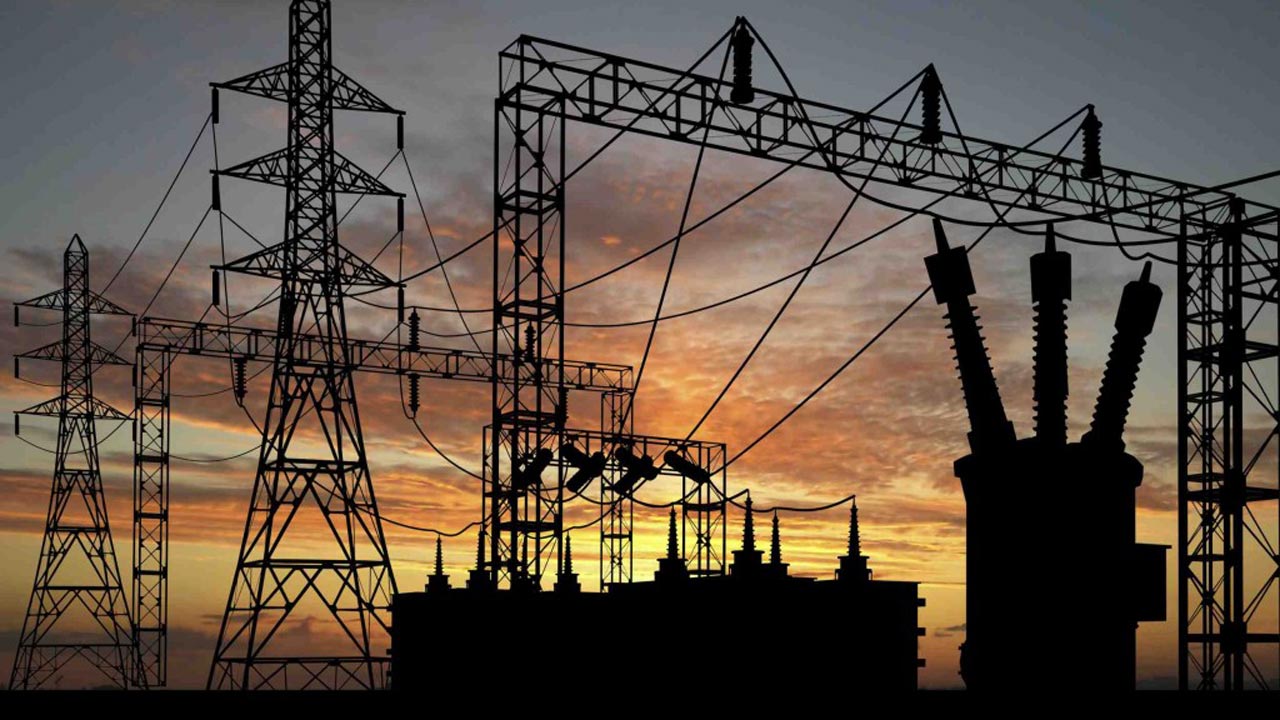New research findings have indicated that current efforts by the Federal Government and private investors to develop the nation’s off-grid power alternatives will create a $9.2 billion market opportunity for mini-grids and solar home systems on yearly basis.
This was part of the major findings contained in report of an independent research of the Nigerian mini-grid market conducted through a partnership between Rural Electrification Agency (REA), the World Bank (Energy Team), and Rocky Mountain Institute (RMI).
The report indicated that there existed currently an annual $9.2 billion market opportunity for mini-grids and solar home systems from which Nigeria could save $4.4 billion annually.
It noted that Nigeria was providing an enabling environment for off-grid market growth, including developer protection through the Nigerian Electricity Regulatory Commission’s (NERC’s) mini-grid regulations.
As the agency established with the mandate to develop the Nigerian off-grid power market, the REA created the Off-Grid Electrification Strategy as part of the Power Sector Recovery Programme (PSRP) to increase electricity access to rural and under-served clusters.
The PSRP is a series of policy actions, operational, governance and financial interventions to be implemented by the Federal Government over the next five years with a view to restoring the financial viability of Nigeria’s power sector and improve its transparency and service delivery.
According to the findings of the study, if these initiatives translate to reality, they will save $4.4 billion yearly for homes and businesses.
The report, which is titled ‘Minigrids in Nigeria: A Major Investment Opportunity’ rated Nigeria’s power generation capacity currently as “poor quality, noisy, and polluting” with the attendant negative implications for the country’s commercially viable businesses spending so much on power generation for their operations.
The report findings also showed that a significant amount of the economy was being powered largely by small-scale generators with 10–15 gigawatts (GW) with almost 50 ercent of the population having limited or no access to the grid.
According to the report, this has led to high densities of power use, large latent demand, and a strong willingness to switch to more-effective alternatives.
The report stated: “Getting off-grid solutions to scale and commercial viability in Nigeria will unlock an enormous market opportunity in Sub-Saharan Africa across 350 million people in countries with smaller demand and/or less-robust economies.”
The PSRP, which is developed by the Federal Government developed in collaboration with the World Bank Group, further seeks to resolve consumer complaints, reduce losses, energy theft, and reset the Nigerian electricity supply industry for future growth.






